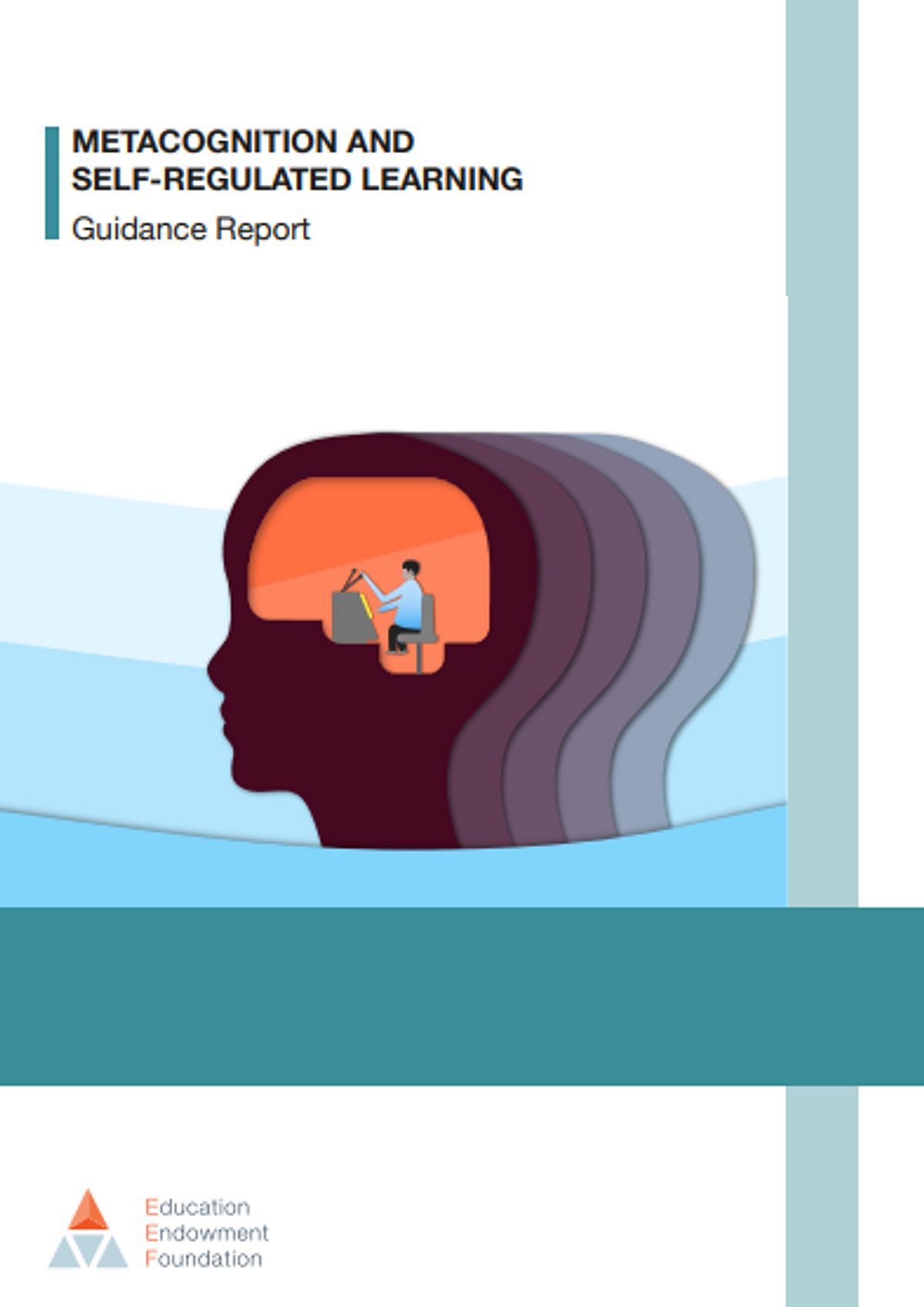Zak can’t start his science task. He unpacks his pencil case. Then packs it again. He looks around at his peers.
Sasha asks to see the force meter they used last lesson to trigger her memory, she knows a visual prompt helps her.
Archie recognises that he has done a similar task before, so he flips back in his book to check how he approached it last time.
Ayesha is motivated and confident to approach the task, having received specific feedback from her teacher last lesson and recalled it at the right time.
Zak, Sasha, Archie and Ayesha’s Year 7 teacher regularly grapples with the brilliant complexity of the classroom.
Does Sasha seek out the force meter independently? Does Archie flip back in his book because his teacher has supported him to do so, or is it just plain good habits?
These are the small learning behaviours that can aggregate and lead to pupil success in the classroom. To support Zak and co, teachers move around the class at the start of a learning task as a habit. Eagle-eyed, they spot where pupils look busy, but are not engaged with the learning. They know where a prompt question could get a pupil quickly back on track. They notice where a pupil is using strategies independently, then offer praise appropriately.
Teachers across the country are recognising that the lack of independence displayed by Zak is a challenge. Self-starting a task, after disruptions wrought by COVID-19, may require more scaffolding and support than ever.
Let’s be clear, when we are talking about independent learning here, we are talking about the process of planning, monitoring and evaluation of learning. There is ample research evidence that characterises these acts of learning as metacognitive processes.
Metacognition is everywhere, but we know it can be hidden in plain sight.
Even the word ‘metacognition’ can feel like a complex term. For teachers in the middle of settling a class after a wet break on a Wednesday afternoon, this might not seem the highest of priorities. However, it remains one of the most-searched terms on the EEF website with the Teaching and Learning Toolkit promising the potential of up to 7 months progress – a high impact, low cost strategy. There is a whole guidance report with supporting resources and tools distilling the best available evidence.

Yes, metacognition is nuanced. It requires time and training for all school staff. It needs careful prompts and cues to offer opportunities for teacher rehearsal and practice. But let’s not overcomplicate it – it is about supporting pupils like Zak to think hard and make good decisions to steer their learning. It is about deploying strategies in science that help him manage when faced with tricky tasks.
So, back to Zak in his science lesson.
Over the following weeks, his teacher sensitively shares observations with Zak about managing to start a task. His awareness of himself as a learner improves and he recognises this in other subjects as well as science. He learns from Archie about checking whether he had done a similar task before. He learns from his teacher that he could use resources in the classroom to help structure his work. He learns from Ayesha how she implemented feedback from previous lessons and other subjects. Now, it just takes a quick glance across the class as the teacher moves around for him to be prompted into independent self-starting of a task.
It may only take tweaks to transform classroom culture, but it will take time and training to implement it well. Our teacher habits in the everyday matter. Let’s talk about it explicitly.
Let’s model it deliberately. Let’s pose questions to prompt it appropriately. Let’s build in time for discussion of it as we spot it in our everyday classrooms. Let’s not allow metacognition to remain hidden in plain sight.
